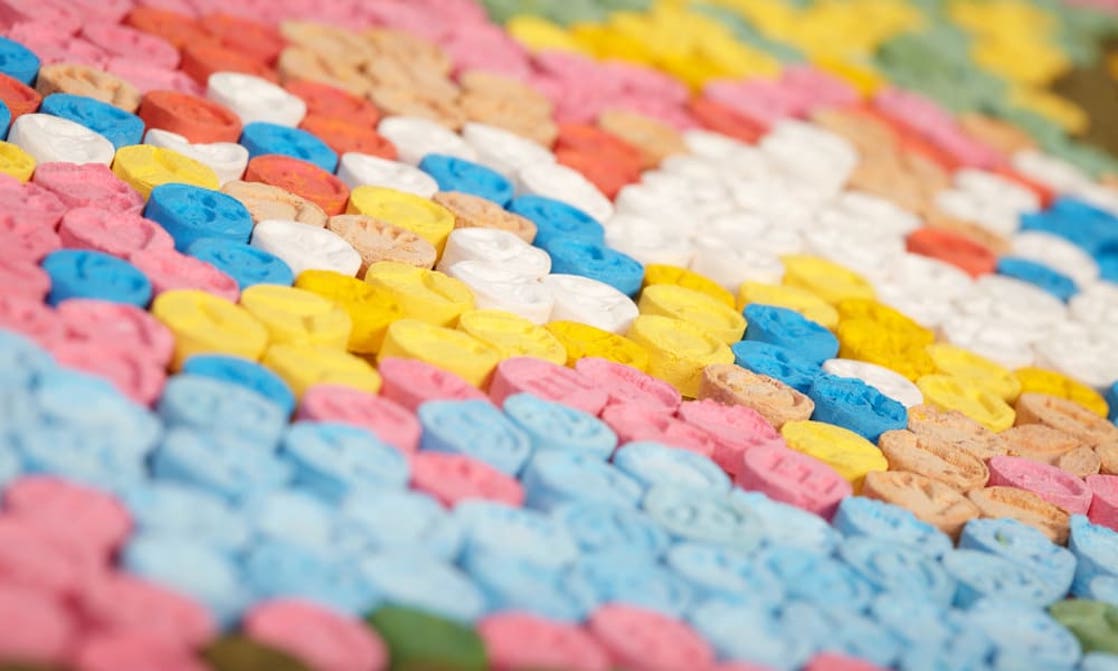The rave drug MDMA may rewire the brain to facilitate social bonding, according to new research.
The study, which came from Johns Hopkins University, tested MDMA on mice. Researchers believe the drug initiates a “critical period” in the brain, the same process that forms life-long bonds between young geese and their mothers.
“It’s why people gather around the water cooler,” Gül Dölen, one of the study’s lead researchers, told Tech Times. “This suggests that we’ve reopened a critical period in mice, giving them the ability to learn social reward behaviors at a time when they are less inclined to engage in these behaviors.”
Because mice are not humans, the study’s findings have limits. But a growing body of research shows MDMA may trigger a critical period effect in humans, too.
Doctors and the US FDA have been investigating MDMA as a breakthrough treatment for post-traumatic stress disorder, or PTSD. Treating PTSD through conventional medications has proven difficult, if not impossible, and most treatments only tackle the disorder’s symptoms — not its underlying causes. Current theories suggest PTSD occurs after someone survives a life-threatening situation, and the brain reforms to make the individual more alert to future perceived dangers.
While PTSD may have evolved as a survival mechanism, it causes severe problems for day-to-day functioning. Symptoms include unstable moods, spontaneous aggression, paranoia, insomnia, lack of appetite, clinical depression, and social isolation. Those with PTSD are at a significantly higher risk of suicide, as well. No single cure for the disorder currently exists.
Some clinical trials for MDMA and PTSD show it could do more than just treat symptoms. In some cases, it takes about six to eight MDMA-assisted psychotherapy sessions for a patient to no longer qualify for full-blown PTSD.
According to the Sidran Institute, a trauma treatment organization, 20 percent of American adults suffer from PTSD. Many PTSD patients are combat veterans, but survivors of domestic abuse and traffic accidents can also develop PTSD.
Like marijuana, MDMA remains federally outlawed, despite recent research that suggests it possesses powerful medical properties. The US government classifies MDMA as a Schedule I substance, meaning it does not have any accepted medical use. Marijuana is also classified as Schedule I, alongside other drugs such as heroin.
Due to prohibition, most illicit street forms of the drug are either highly adulterated or don’t contain MDMA at all. Reports of deaths from MDMA overdoses often involve drugs sold as ecstasy that contain toxic contaminants such as bath salts, fentanyl, or meth.
Follow Randy Robinson on Twitter











